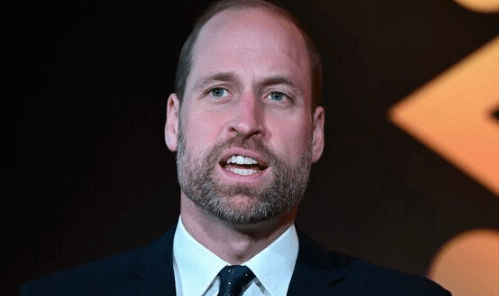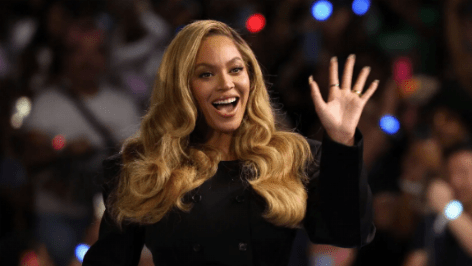Ed Sheeran has recently succeeded in persuading a court to uphold the previous ruling regarding the copyright case tied to his hit song “Thinking Out Loud.” This legal battle, which has captured public attention, revolves around allegations that Sheeran’s song plagiarized elements from Marvin Gaye’s
classic track “Let’s Get It On.” The outcome of this appeal is significant not only for Sheeran but also for the broader music industry, as it touches upon the complexities of copyright law and artistic inspiration.

The case initially arose when the heirs of Gaye’s estate claimed that Sheeran’s “Thinking Out Loud” bore a striking resemblance to their father’s work. They argued that the melody, along with certain musical phrases, constituted copyright infringement. Such claims are not uncommon in the music industry, where artists often face accusations of borrowing too heavily from earlier works. However, the court’s earlier decision had ruled in favor of Sheeran, stating that the similarities were not substantial enough to warrant a copyright violation.
During the appeal process, Sheeran and his legal team presented a compelling case to support the original ruling. They emphasized the importance of protecting artistic freedom, arguing that music is inherently influenced by previous works. Sheeran himself expressed a deep respect for Gaye’s music and asserted that any similarities were coincidental, stemming from the natural overlap that exists in musical composition.

Sheeran’s ability to navigate the complexities of copyright law has been a focal point of the case. The singer-songwriter has built a reputation for his unique sound, often blending various genres and influences. He argued that stifling creativity through aggressive copyright claims could hinder innovation in the music industry. This perspective resonated with the court, which acknowledged the delicate balance between protecting original works and allowing artists the freedom to draw inspiration from their predecessors.
The court’s decision to uphold the original ruling is a significant win for Sheeran, as it reinforces the notion that not all similarities in music constitute infringement. This outcome may set a precedent for future copyright cases, encouraging artists to continue exploring their creative boundaries without the constant fear of legal repercussions. It also sends a message to the music industry about the need for clearer guidelines on what constitutes copyright infringement in an era where genres often intersect.

In the aftermath of the ruling, Sheeran expressed his relief and gratitude for the support he received throughout the process. He took to social media to thank his fans and those who stood by him during the legal proceedings. The singer has always been vocal about his passion for music and the challenges artists face, and this experience has further fueled his commitment to advocating for creative freedom.
The implications of this ruling extend beyond Sheeran’s personal victory. It raises important questions about the evolving nature of music and copyright law. As technology advances and access to a vast array of music becomes easier, the lines between inspiration and infringement can become blurred. The decision may encourage artists to continue to push the envelope, knowing that they are not overly restricted by the threat of legal action.

Moreover, the case sheds light on the ongoing conversation about the legacy of iconic artists like Marvin Gaye and how their work is protected. While the Gaye estate has expressed disappointment with the ruling, it is essential to recognize that the conversation surrounding copyright is complex. The court’s decision emphasizes the need for ongoing dialogue about how to honor the contributions of past artists while also fostering an environment that encourages new creativity.
In conclusion, Ed Sheeran’s successful appeal to uphold the ruling on “Thinking Out Loud” marks a pivotal moment in the intersection of copyright law and artistic expression. By affirming that not all musical similarities constitute infringement, the court has reinforced the importance of creative freedom in the music industry. As artists continue to navigate their influences and inspirations, this ruling may provide a sense of reassurance that innovation and homage can coexist without fear of legal repercussions. The outcome is not only a personal victory for Sheeran but also a significant development that could shape the future landscape of music and copyright law for years to come.
Follow us to see more useful information, as well as to give us more motivation to update more useful information for you.





